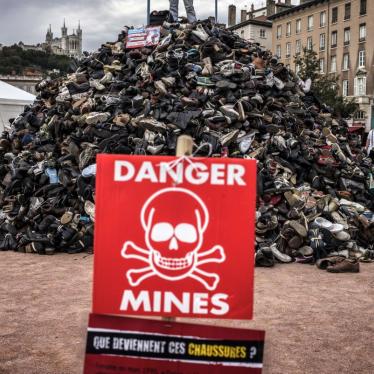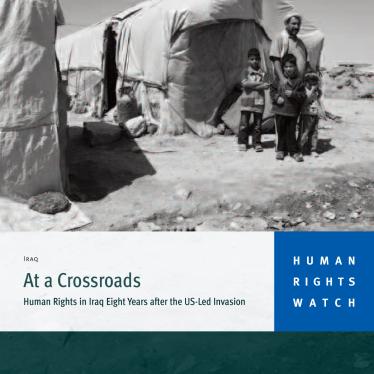On a recent visit to the headquarters of the Organisation for Security and Co-operation in Europe in Vienna, I met diplomats and officials racing to keep up with the worsening events in Ukraine.
The OSCE is the only regional security organization with Russia, Ukraine, European countries, and the US as members and so has a key role to play in defusing the Ukraine crisis. Last month it took the important consensus decision to send international monitors to Ukraine with the aim of “reducing tensions and fostering peace, stability and security”.
Its task is growing more challenging by the hour as eastern Ukraine slides toward armed conflict, but the need could not be more pressing. The Special Monitoring Mission needs to be urgently scaled up as soon as possible. The 129 staff is soon to increase to 200, but given the geographical scale of the crisis and the complexity of the issues at stake, a total closer to the 500 envisaged in the mandate will be needed to get the job done.
That mandate says the mission is to “monitor and support respect for human rights and fundamental freedoms,” including those of national minorities. This needs to be among the monitors’ key daily tasks. And the mission needs to be as public as possible with information it gathers. A worrying feature of the Ukraine crisis is the distorting effect of disinformation and propaganda, and the mission, as a neutral source of impartial facts, can help counter this. The OSCE has announced there will be daily public reports – these need to be as detailed and timely as possible.
A report on Tuesday by the UN High Commissioner for Human Rights noted that misinformation, propaganda, and incitement to hatred need to be urgently countered to avoid the further escalation of tension in Ukraine.
The OSCE’s specialist institutions for human rights and national minorities are due in late April to publish a joint assessment of the human rights situation in Ukraine, including Crimea. Here, also, the OSCE needs to deliver. It’s crucial the report examines and makes strong recommendations on the serious abuses that have occurred since November 2013. It should also lay the groundwork for a full impartial investigation into the clashes between December and February that left hundreds of people dead and many more injured.
The diplomats and OSCE staff I met in Vienna were proud of their efforts in Ukraine and that their work is valued. It is vital the OSCE doesn’t miss this chance to prove its importance on both security and human rights.








